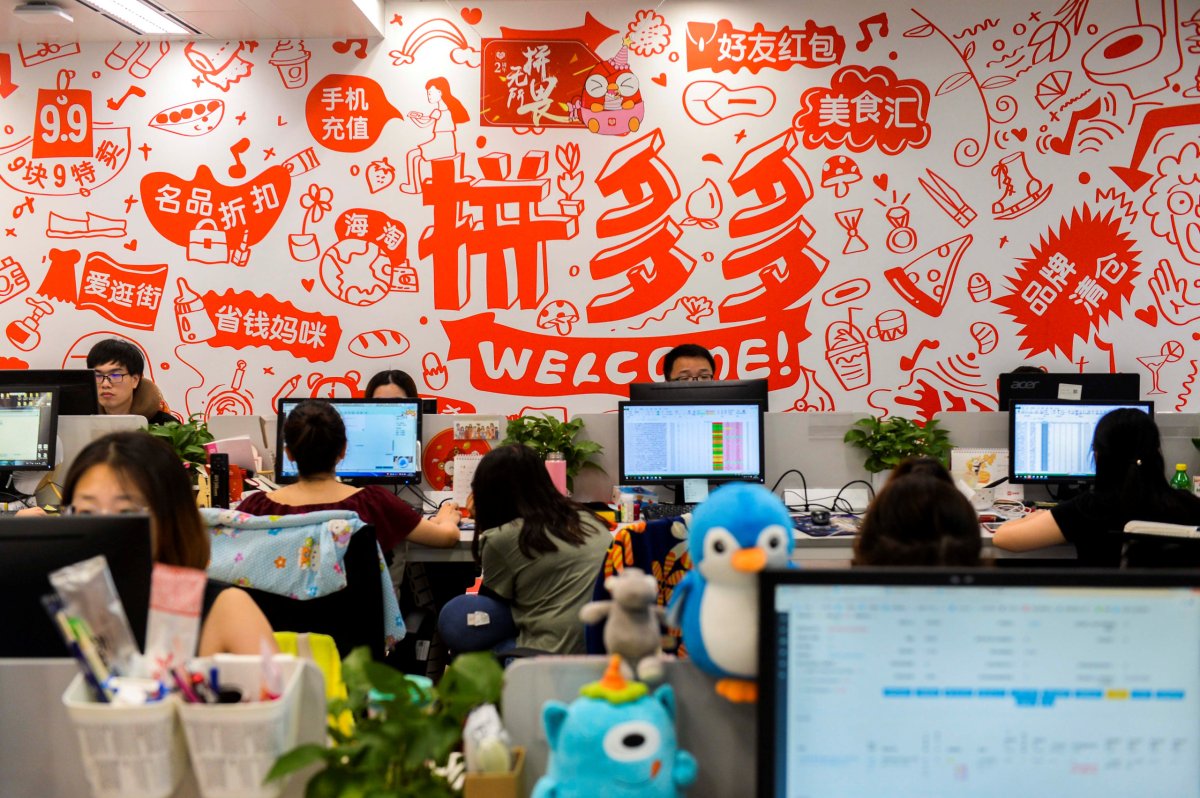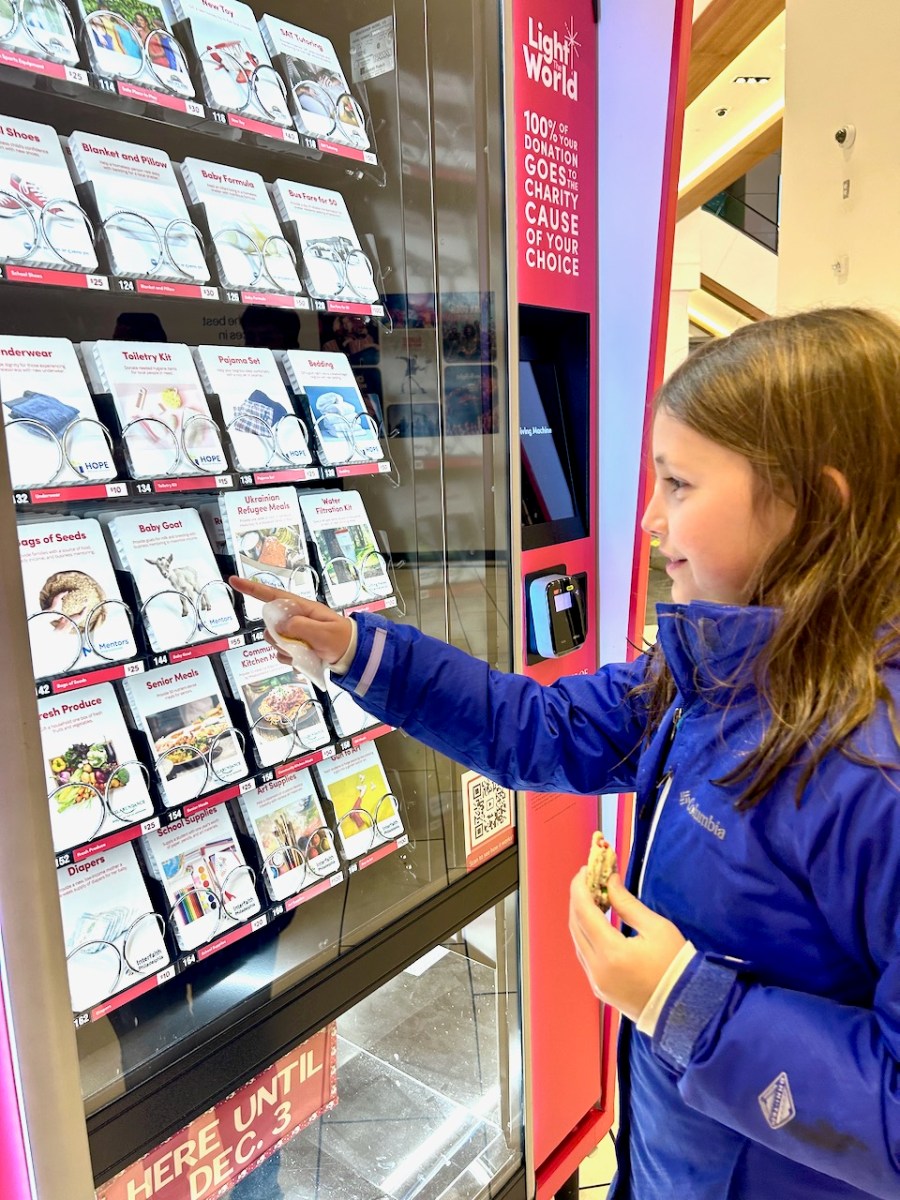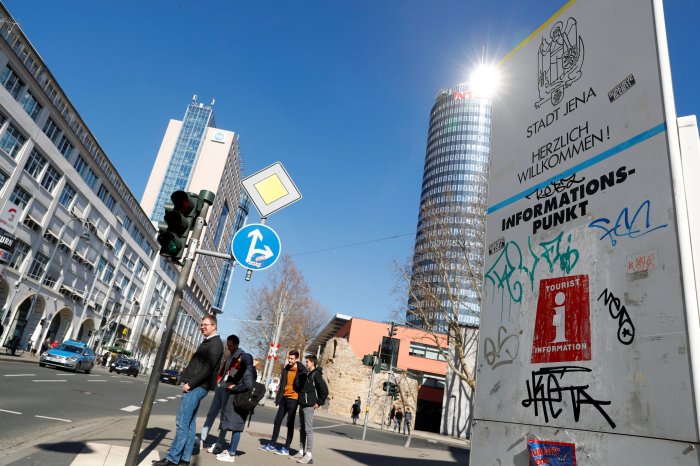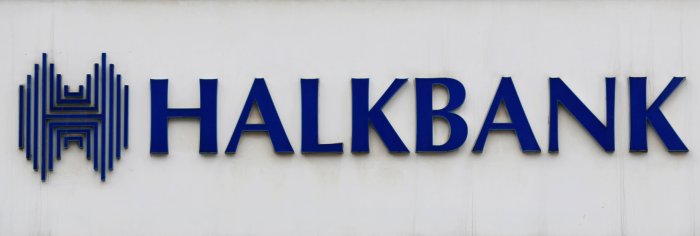HONG KONG (Reuters) – Chinese e-commerce firm Pinduoduo Inc said on Tuesday that it had raised $1.1 billion in a private share placement, bolstering its ability to finance growth, despite recent market volatility.
Undeterred by the coronavirus epidemic that has rocked financial markets around the world, Nasdaq-listed Pinduoduo has secured several long-term investors including Chinese private equity firms Hillhouse Capital and Boyu Capital and tech giant Tencent Holdings for the deal, said three sources.
Pinduoduo declined to comment on investors. Tencent, Hillhouse and Boyu did not respond to requests for comment.
The company said it plans to use the proceeds to help finance growth, upgrade users’ shopping experience and offer more subsidized products. It looks to close the transaction in early April.
The move comes just six months after Pinduoduo raised $1 billion in a convertible bond. In February last year, it also raised $1 billion from a follow-on offering.
The recent market turmoil is widely expected to lift the need for already listed companies to sell more shares and raise fresh capital to weather the economic downturn.
Pinduoduo, which competes with Alibaba and JD.com, offers discounts on products ranging from electronics to groceries but is under pressure as established players look to muscle in on its rural stronghold.
Its total revenue nearly doubled to 10.79 billion yuan ($1.55 billion) in the three months ended Dec. 31, but fell short of the average analyst estimate of 10.93 billion yuan.
The still loss-making firm has seen positive operating cash flow in the past few years. Net cash flow from operating activities stood at 9.6 billion yuan in the last quarter of 2019, up nearly 70% year-on-year.
(Reporting by Julie Zhu and Kane Wu; Editing by Louise Heavens and Raju Gopalakrishnan)

























